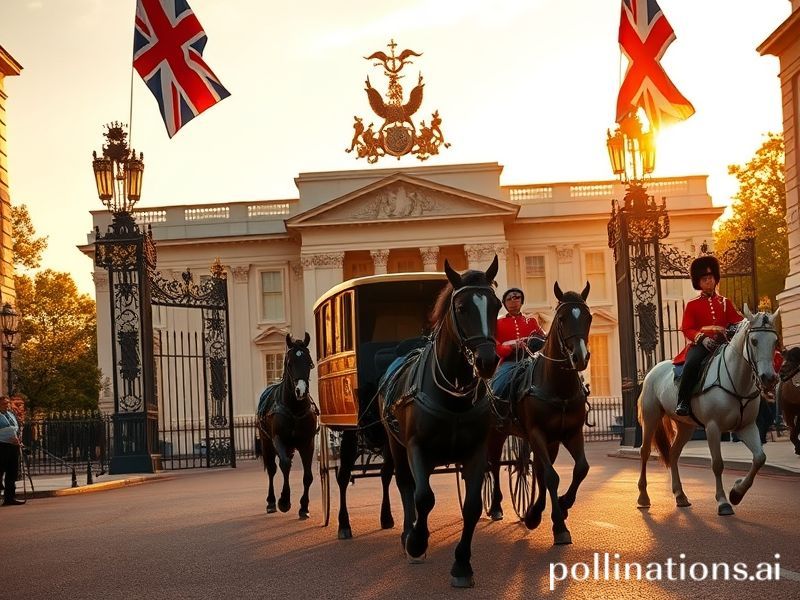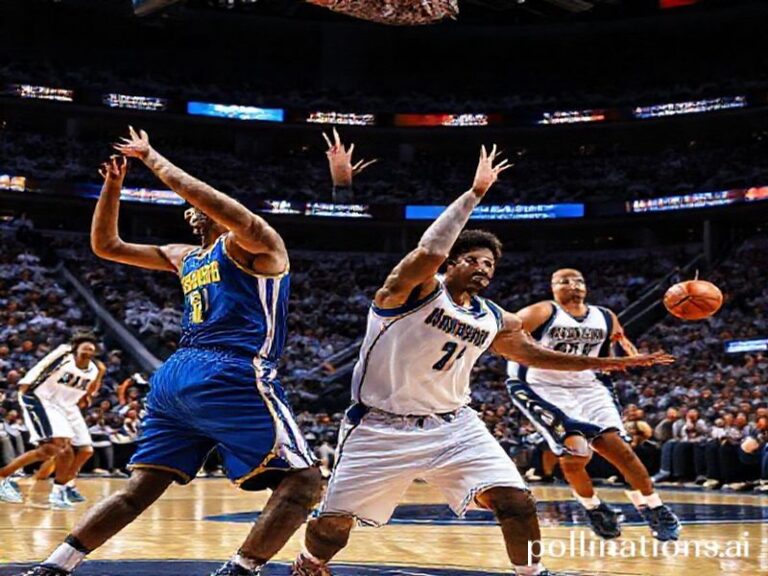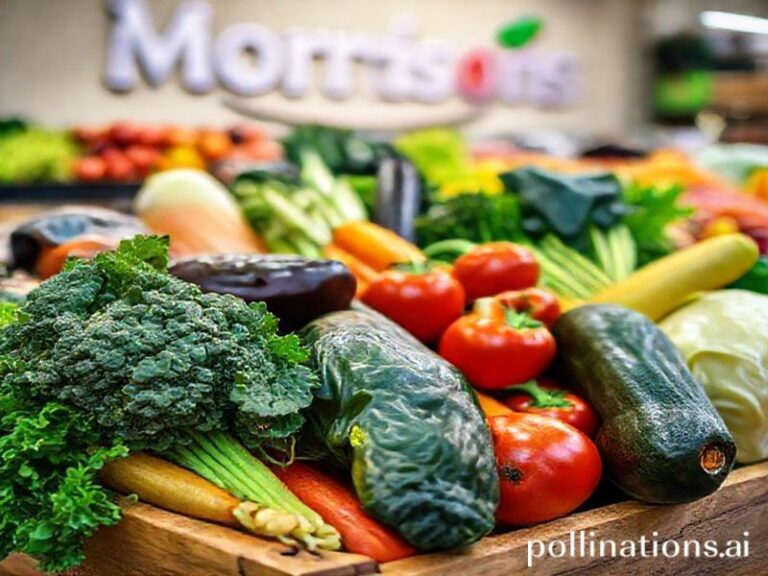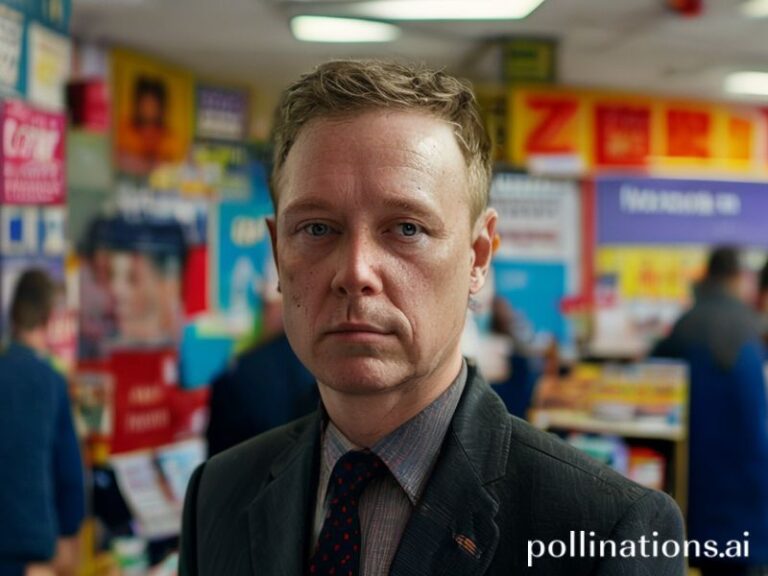Royal London: The World’s Favorite Anachronism, Now Streaming with Extra Irony
Royal London, International Capital of Regal Schadenfreude
by Our Man in the Fog, somewhere between Heathrow’s perfume-drenched duty-free and the £18 pint zone
The moment the plane drops below cloud cover, the city unfolds like a gilt-edged pop-up book: Big Ben’s scaffolding finally gone, the Shard pretending it’s Tokyo, and somewhere behind those red-brick chimneys an elderly king is quietly wondering if the corgis have unionised. Royal London—once the gaudy headquarters of the world’s most profitable family firm—has become global spectator sport. From Lagos living rooms to Tokyo izakayas, millions watch the House of Windsor with the same morbid curiosity usually reserved for slow-motion Formula 1 crashes. The monarchy, that crusty British export, now competes in the attention economy against Korean boy bands and cat videos. Spoiler: the cats are winning.
Walk the tourist-clogged Mall and you’ll see the new supply chain. Brazilian teenagers livestream “Changing of the Guard ASMR,” American podcasters pitch “royal wellness” diets based on whatever Charles reportedly had for breakfast, and a lone French intellectual wearing existential despair like cologne mutters that republics are just monarchies with better PR. The Crown is no longer a national heirloom; it’s intellectual property leased to Netflix, Disney+, and every souvenir shop flogging tea towels emblazoned with a face that looks suspiciously like the late Diana—because grief, like everything else, has a merchandising window.
Globally, the monarchy’s value fluctuates like crypto. One royal wedding sends souvenir-coin sales through the roof; one scandal and the brand dips faster than the pound after a particularly daft referendum. Emerging markets have noticed. Nigeria’s Nollywood just optioned a series about a fictional African prince marrying into “the firm,” complete with palace intrigue and astute commentary on colonial invoices still unpaid. Meanwhile, India’s streaming giants recycle the Raj for glossy melodramas where jewel-dripping maharajas sip tea with dowager duchesses, a historical revenge fantasy wrapped in organza.
The economic model is brutally simple: sell tradition to people whose own traditions were once flattened by the same empire now selling them back at duty-free markup. It’s the circular economy, imperial edition. A Chinese tourist buys a £65 royal-blue cashmere scarf woven in Scotland, shipped through Shenzhen, tagged in London, and flown back to Chengdu where it will be worn precisely once for a wedding group photo. The carbon footprint is majestic; the irony, delicious.
Yet the monarchy’s real power lies not in pomp but in distraction. While Londoners queue for food banks that encircle the capital like moats of quiet shame, the tabloids scream about which minor royal wore the wrong brooch at Ascot. The trick is vintage: keep the masses debating etiquette while the offshore billions slosh cheerfully through the Channel Islands. It’s governance as performance art, and the world keeps buying tickets.
Across Europe, republics watch with thinly veiled envy. Sweden’s king looks like he’d rather be selling lingonberry jam; Spain’s royal family keeps scheduling court dates. Only London offers the full three-ring circus: birth, marriage, death, and resurrection via Oprah interview. The script is Shakespearean, the catering is Pret, and the souvenir programme costs £12.99.
So what does Royal London tell the planet in 2024? That nostalgia is the most stable currency left. While supply chains fracture and AI ghosts write our love letters, the idea of an unbroken bloodline sipping tea in palaces built by slave profits provides a weird psychological anchor. It’s not about the Crown; it’s about the human need for narrative continuity—even if the narrator is wearing a £2,000 hat and waving like a malfunctioning animatronic.
In the end, Royal London is less a city than a global coping mechanism. We sneer, we binge, we meme the royals into oblivion, yet we keep the tab open—just in case the fairy tale turns out to be true. Meanwhile, somewhere behind Buckingham Palace’s newly regilded gates, a king signs state papers and wonders if the Wi-Fi password still references 1066. The empire may be gone, but the gift shop remains open 24/7.







